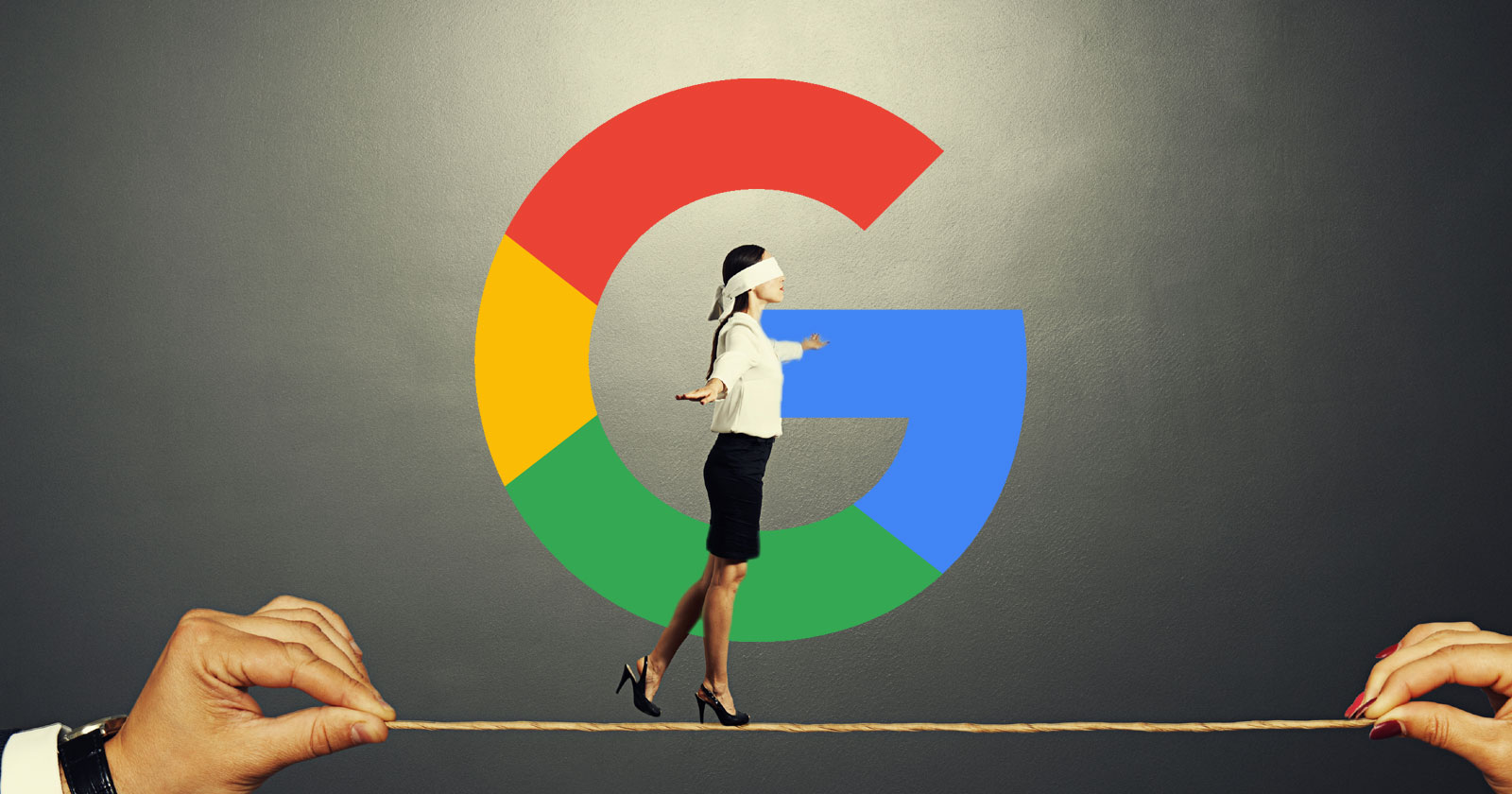Meta Follows YouTube In Crackdown On Unoriginal Content via @sejournal, @MattGSouthern
Meta is taking action against unoriginal content, cracking down on accounts that repost others’ work without permission or meaningful edits. The post Meta Follows YouTube In Crackdown On Unoriginal Content appeared first on Search Engine Journal.

Meta announced that it will implement stronger measures against accounts sharing “unoriginal” content on Facebook.
This marks the second major platform policy update in days following YouTube’s similar announcement about mass-produced and repetitive content.
Meta revealed it has removed approximately 10 million profiles impersonating large content creators, and taken action against 500,000 accounts involved in “spammy behavior or fake engagement”.
A Platform-Wide Movement Against Content Farms
Meta’s announcement closely follows YouTube’s monetization update, which clarified its stance on “inauthentic” content.
Both platforms are addressing the growing problem of accounts profiting from reposting others’ work without permission or meaningful additions.
According to Meta, accounts that repeatedly reuse someone else’s videos, photos, or text posts will lose access to Facebook’s monetization programs and face reduced visibility across all content.
Facebook is also testing a system that adds links on duplicate videos to direct viewers to the original creator.
Here’s an example of what that will look like on a reposted video:
 Screenshot from: creators.facebook.com/blog/combating-unoriginal-content, July 2025.
Screenshot from: creators.facebook.com/blog/combating-unoriginal-content, July 2025.
Meta stated in its official blog post:
“We believe that creators should be celebrated for their unique voices and perspectives, not drowned out by copycats and impersonators.”
What Counts As Unoriginal Content?
Both Meta and YouTube distinguish between unoriginal content and transformative content, like reaction videos or commentary.
Meta emphasizes that content becomes problematic when creators repost others’ material without permission or meaningful enhancements, such as editing or voiceover.
YouTube creator liaison Renee Richie offered a similar clarification ahead of its own update, stating:
“This is a minor update to YouTube’s long-standing YPP policies to help better identify when content is mass-produced or repetitive”.
How AI & Automation Factor In
Neither platform bans AI-generated content outright. However, their recent updates appear designed to address a wave of low-quality, automated material that offers little value to viewers.
YouTube affirms that creators may use AI tools as long as the final product includes original commentary or educational value, with proper disclosure for synthetic content.
Meta’s guidelines similarly caution against simply “stitching together clips” or relying on recycled content, and encourage “authentic storytelling.”
These concerns implicitly target AI-assisted compilations that lack originality.
Potential Impact
For content creators, the updates from Meta and YouTube reinforce the importance of originality and creative input.
Those who produce reaction videos, commentary, or curated media with meaningful additions are unlikely to be affected. They may even benefit as spammy accounts lose visibility.
On the other hand, accounts that rely on reposting others’ content with minimal editing or variation could see reduced reach and loss of monetization.
To support creators, Meta introduced new post-level insights in its Professional Dashboard and a tool to check if a page is at risk of distribution or monetization penalties. YouTube is similarly offering guidance through its Creator Liaison and support channels.
Best Practices For Staying Compliant
To maintain monetization eligibility, Meta recommends:
Posting primarily original content filmed or created by the user. Making meaningful enhancements such as editing, narration, or commentary when using third-party content. Prioritizing storytelling over short, low-effort posts. Avoiding recycled content with watermarks or low production value. Writing high-quality captions with minimal hashtags and capitalization.Looking Ahead
Meta and YouTube’s updates indicate a wider industry move against unoriginal content, especially AI-generated “slop” and content farms.
While the enforcement rollout may not affect every creator equally, these moves indicate a shift in priorities. Originality and value-added content are becoming the new standard.
The era of effortless monetization through reposting is being phased out. Moving forward, success on platforms like Facebook and YouTube will depend on creative input, storytelling, and a commitment to original expression.
Featured Image: Novikov Aleksey/Shutterstock

 Tfoso
Tfoso 
























_1.jpg)





